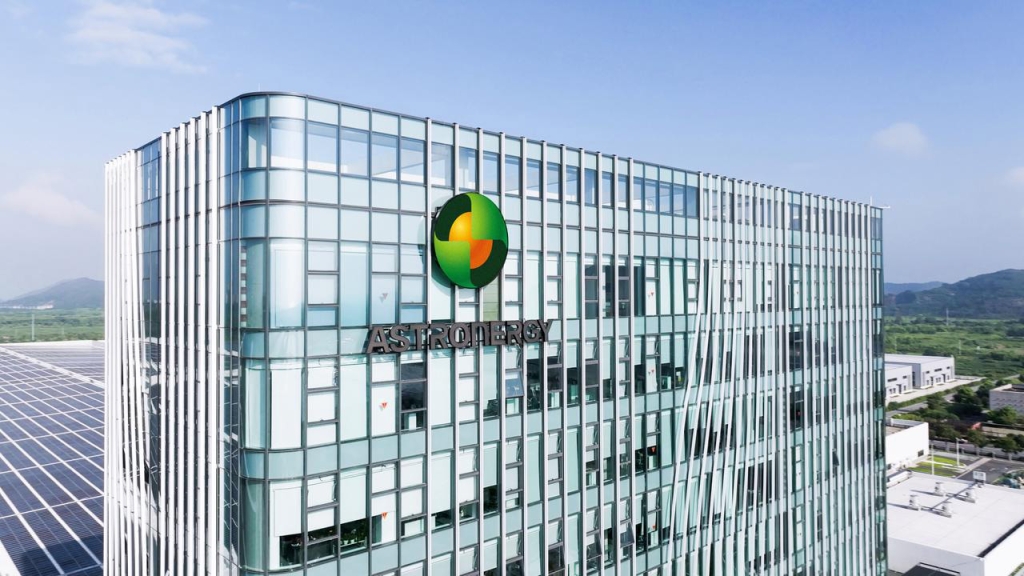


The certification of photovoltaic modules is essential to ensure the quality, reliability, and safety of products in the solar market. In a rapidly growing sector, where the efficiency and durability of panels are crucial for return on investment, having certified modules is a strategic advantage. Astronergy, believing in this, continually invests in Research and Development to ensure that we always have high-tech certified products.
Why are Certifications Important?
Currently, Brazil does not have a comprehensive technical certification that covers all the necessary tests to validate the performance and lifespan of solar modules. Therefore, international certifications have become a reference in the market, as they ensure that products have undergone rigorous testing that evaluates aspects such as:
• Performance under extreme conditions (high temperatures, humidity, mechanical impact)
• Durability and resistance to degradation
• Electrical safety and material quality
The absence of stricter national regulations has allowed the commercialization of uncertified modules or those with specifications that may not reflect their actual performance, known as Fake Power. This can impact the efficiency of solar systems and compromise consumers’ return on investment (ROI).
Main International Certifications:
To ensure a secure investment, it is essential that photovoltaic modules have certifications recognized worldwide. Here are some of the main certifications in the solar industry:
IEC (International Electrotechnical Commission)
An international organization that sets standards for electrical and electronic products. In the solar sector, the most relevant certifications are:
• IEC 61215: Assesses the quality and performance of the module through 21 rigorous tests.
• IEC 61730: Tests the electrical safety of photovoltaic modules, ensuring protection against electrical hazards.
PVEL (PV Evolution Labs)
An independent laboratory that performs reliability and durability tests on solar modules. Products approved in the PVEL Top Performer program show high resistance to factors like thermal cycles, potential-induced degradation (PID), and mechanical impact.
UL (Underwriters Laboratories)
A widely used safety certification in the solar industry, ensuring that modules meet strict electrical and structural safety standards.
RETC (Renewable Energy Testing Center)
An organization specialized in testing the performance and reliability of solar modules under extreme conditions, certifying high-efficiency products.
TÜV SÜD
A global institution that evaluates photovoltaic modules’ compliance with international standards, including IEC tests, ensuring performance and longevity.
ISO 9001:2015
An international standard that certifies excellence in quality management in the manufacturing of solar modules, ensuring optimized processes and continuous improvement.
Inmetro (Brazil)
The Inmetro certification is mandatory for modules sold in Brazil, as per Inmetro Ordinance No. 140/2022. Tests include visual inspection, maximum power measurement, and electrical insulation.
Astronergy: Certified Quality
Astronergy is committed to the excellence and safety of its products. All our photovoltaic modules carry the main international certifications, ensuring superior and reliable performance for our clients.
By choosing Astronergy modules, you invest in cutting-edge technology, proven quality, and the guarantee that your photovoltaic system will operate with maximum efficiency over the years.
Learn more about our certifications and products in our Download Center.
